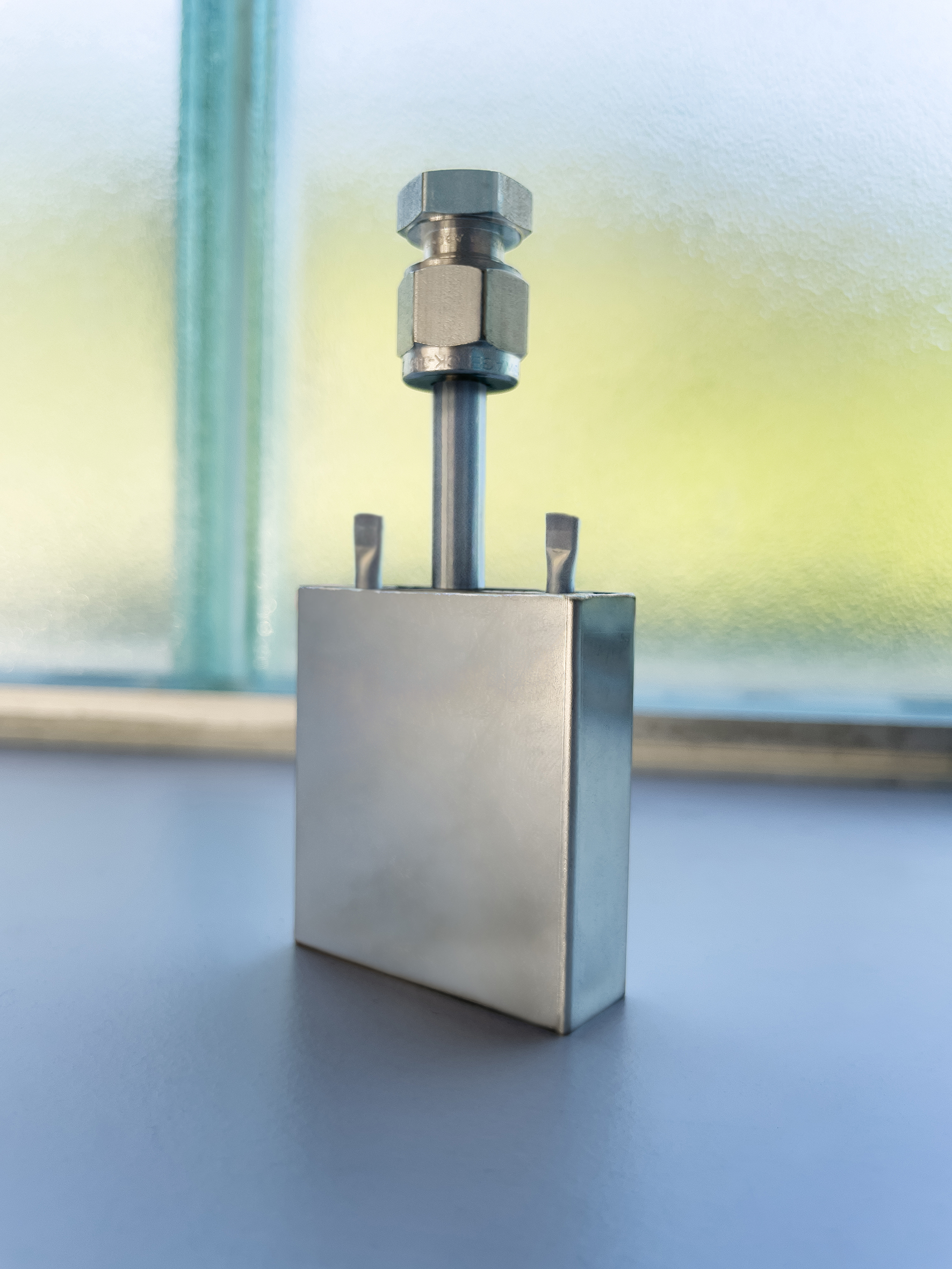
Will HPB open the first Gigafactory for solid-state batteries?

HPB plans to start production of its solid state battery in Switzerland. /HPB
German battery start-up High-Performance Battery (HPB) claims to have reached a breakthrough in battery technology by lifting its solid-stat


Comments
Ready to join the conversation?
You must be an active subscriber to leave a comment.
Subscribe Today